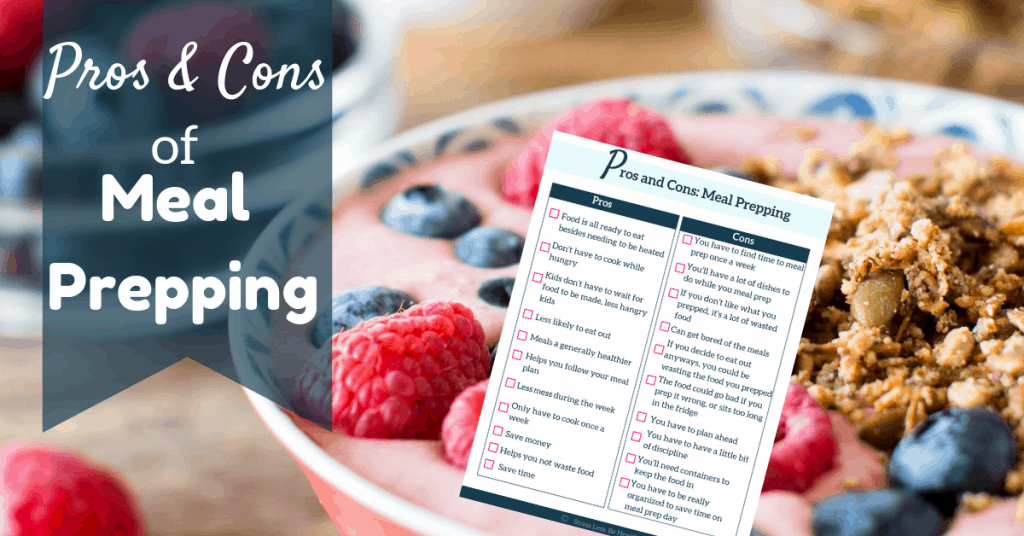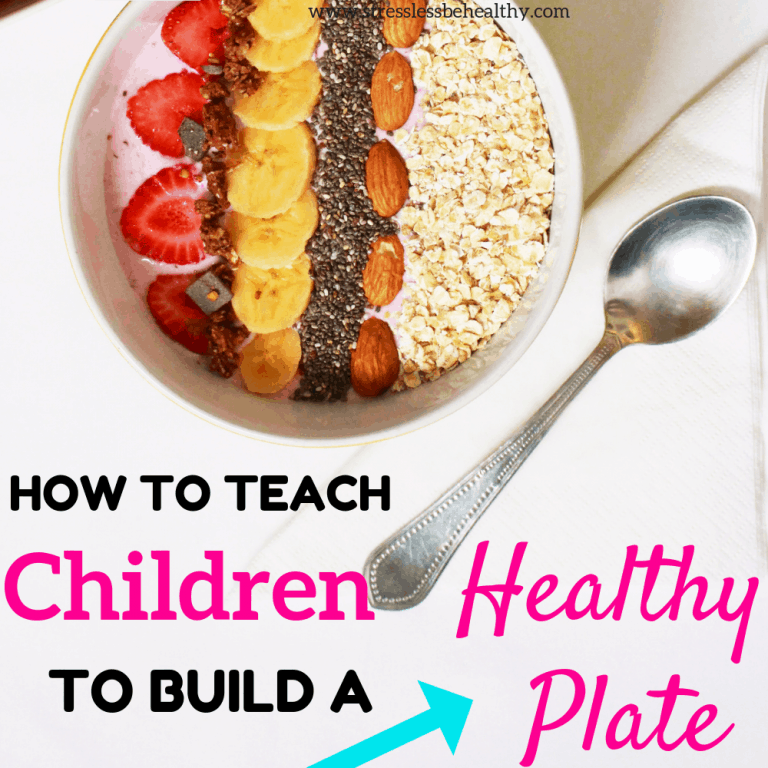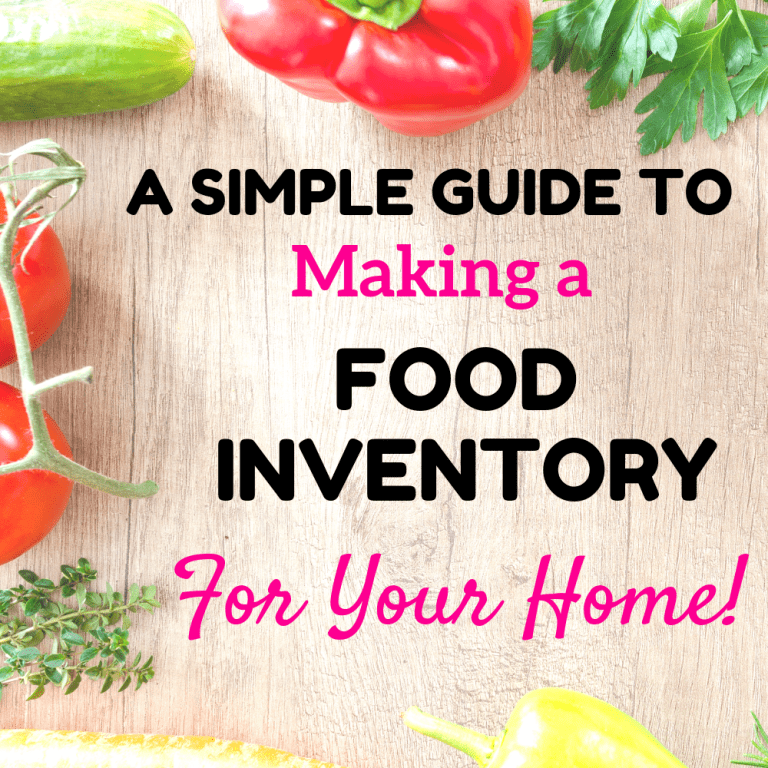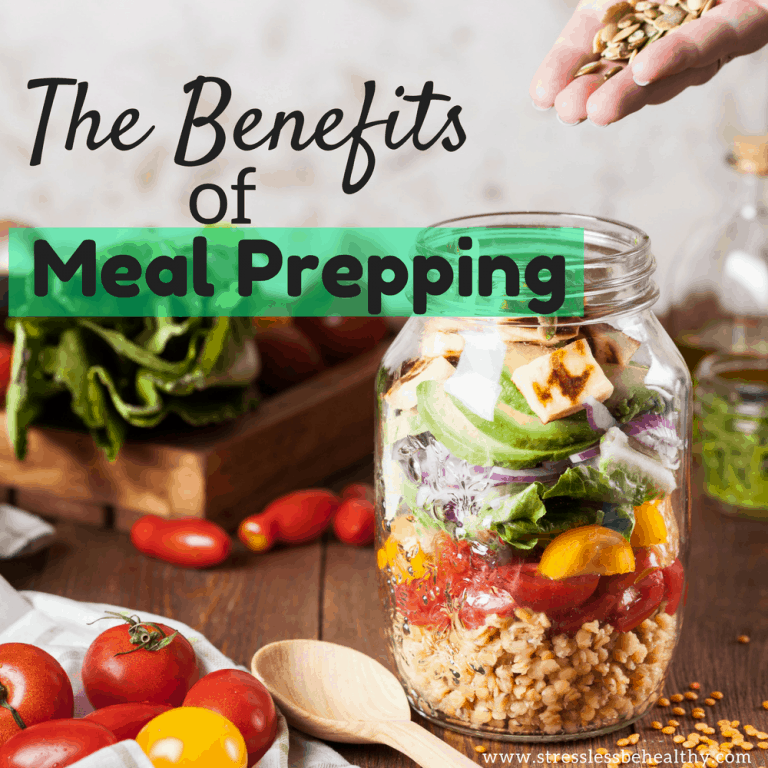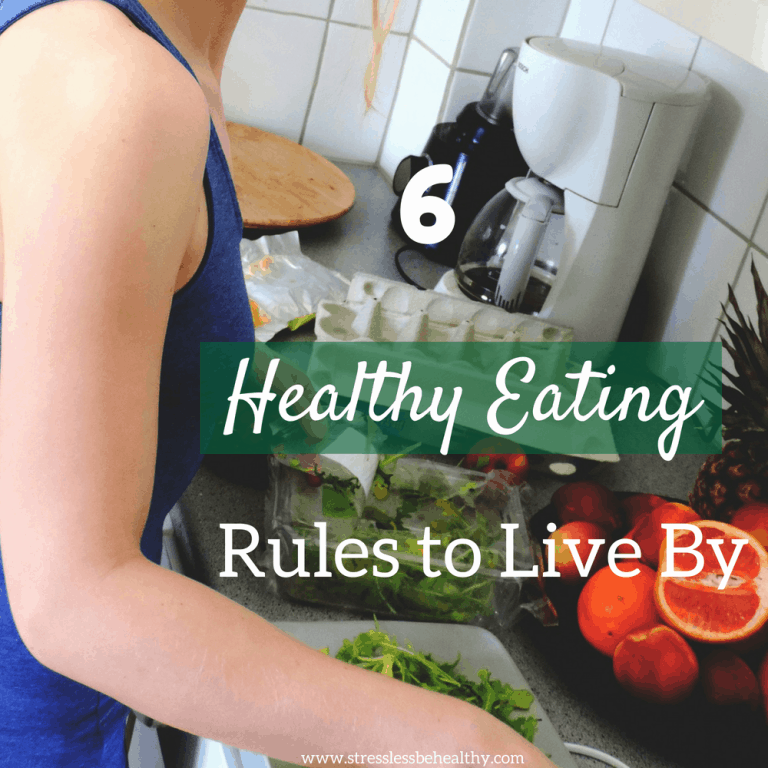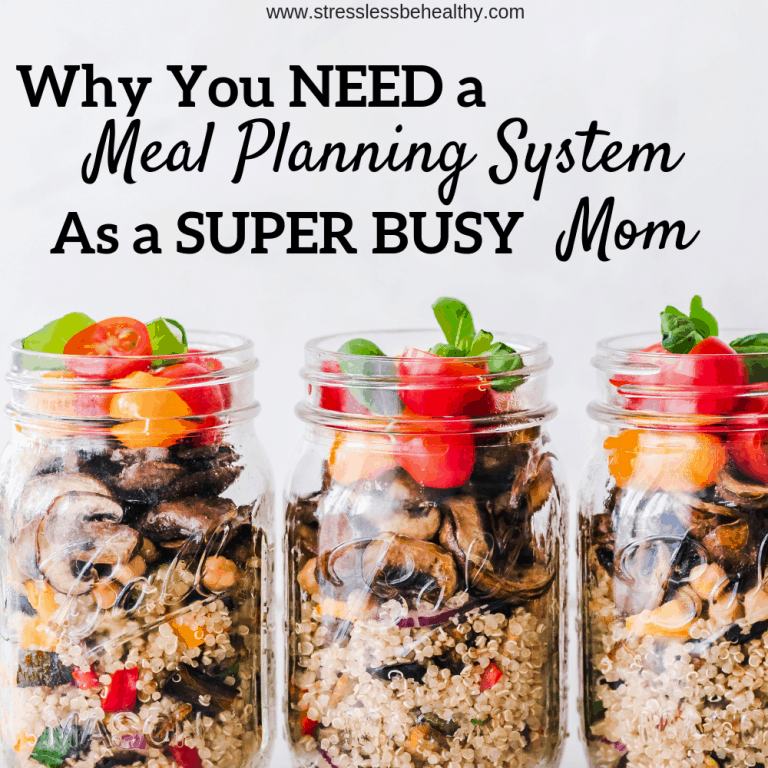10 Simple Tips for Buying Groceries on a Budget
*Disclosure: some links may contain affiliate links. For more information on what this means, visit my disclosure page.
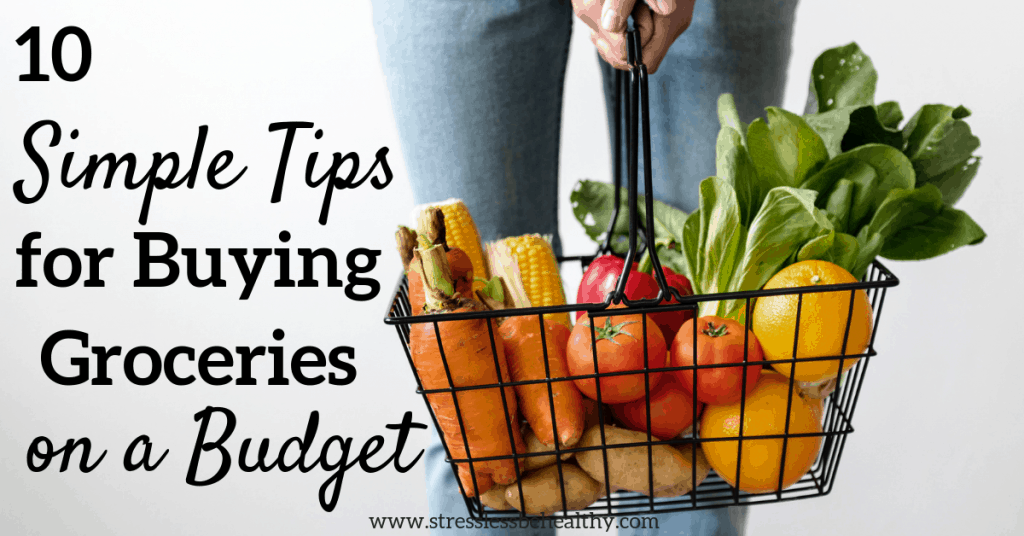
10 Simple Tips for Buying Groceries on a Budget
Have you ever tried buying groceries on a budget before?
The fact that you’re reading this tells me 1 or 2 things.
- You have tried buying groceries on a budget and you’ve failed.
- You’re still working on your grocery budget and are trying to find as many ways to save as possible.
Either way, you’ve come to the right place!
Related Posts:
4 Simple Ideas to Save Money on Groceries and Eat Healthier!
My Super Simple and Cheap Vegan Meal Plan for a Family of Four
How to Make a Healthy Meal Plan on a Budget
Want to Remember This? Pin 10 Simple Tips for Buying Groceries on a Budget to your favorite Pinterest Board!!

In this article you’ll learn 10 simple hacks to help you save as much money on your groceries as possible. Even if you only take advantage of a few of the tips below, you should still be able to see some savings on your grocery bill!
Because, let’s face it, we have kids to feed and they eat, a lot!
My kids are still little and I’m still astonished whenever they say they are actually full. So, if you have an older kid, or teenagers, pay close attention; we all know how much they can eat!
10 Tips for Saving Money on Food
1. Drink Water
The easiest tip anyone can give you, that will save you on your next grocery bill, is to have everyone drink more water.
That’s it!
Instead of buying juice, soda, or other drinks that are high in sugar, high fructose corn syrup, and empty calories; just have water available.
If you need to buy milk (or non-dairy milk), go ahead; but don’t have that be your go-to drink in the home. Have everyone drink milk sparingly and rely mostly on water to quench their thirst.
Whether you invest in a water purifier (this is the one I use), or buy water by the gallon; it’ll save you so much more money than buying other drinks. Plus, it’s better for your health, too!
2. Buy in Bulk
If you haven’t heard this advice before, then you might think this tip is counter intuitive because it costs more (at first) to buy in bulk.
But, in the long run, buying in bulk will save you tons of money, especially if you’re able to buy the bulk items while on sale!
If you’re starting to try to eat healthier and save money; do yourself a favor and don’t start buying fresh produce in bulk, as it’ll probably go bad before you get to eating it all.
A few things you should start buying in bulk are:
- dried beans (make sure you go through them and put them in containers right away!)
- legumes
- rice
- pasta
- bread (and freeze it)
- tortillas
- peanut butter
- oats (for oatmeal, baked goods, and more)
- baking ingredients
- nuts and seeds
- bananas (to cut up and freeze for smoothies)
- avocado (to puree, freeze, and use for toast/sandwiches)
- frozen fruit
- frozen veggies
Along with any food you and your family eat a lot of that is non-perishable, or will last a long time in the freezer! We all have different standards when it comes to what we eat and feed our family, so your list of food to stock up on may look differently.
However, you’ll get the most savings from buying whole foods in bulk and making the meals yourself, instead of stocking up on processed food- even if they do come in a bulk package.
3. Have the Same Type of Meal All Week
Maybe you’ve heard that some people meal plan and have the same type of food depending on the day of the week. For example, taco Tuesdays or having Italian food on Wednesdays, Mexican food on Thursday, or pizza every Friday. While this technique is great for making meal planning a little bit easier; it’s not doing any favors for your wallet.
If you’re trying to save money and want to plan themes for your meal planning; try doing it by week, instead. This way, if you have leftover ingredients from one meal in the week, you can use it for another meal later in the week.
For example, if you and your family really want to have tacos, have tacos! But, plan for other, similar meals, for the other meals in the week. Such as homemade pizza made on soft tortilla shells, with the same type of cheese (or non-dairy cheese) as you used for the tacos, and plenty of veggies. Then another night, maybe make burritos with similar ingredients, or a taco bowl.
This way, leftovers don’t go to waste and you can save money by buying ingredients you’ll need in bulk!
4. Make Freezer Meals
If you have the space in your freezer, or have a chest/deep freezer, then making freezer meals will help you out in more ways than just saving money!
Sure, you’ll be saving money because you’ll be able to:
- buy ingredients in bulk
- make quite a few freezer meals all at once
- avoid wasting food
- use a freezer meal as a quick alternative to eating out
But, you’ll also save tons of time by prepping several freezer meals at once.
You’ll save your own sanity by having something easy to make when everyone thinks there’s nothing to eat for dinner.
You’ll save money on gas by not having to go out to buy ingredients for a last minute meal, before it’s that time of the week to get groceries again.
And, you can do these with more than just dinners! Personally, my favorite freezer meals are breakfasts; pancakes, waffles, muffins, etc. It doesn’t take much extra time, either. Simply double, triple, or quadruple the recipe while your making it for breakfast anyways.

5. Make Your Own Baked Goods
As tempting as the bakery in your grocery store is, it is expensive!
In general, the ‘fresh baked’ donuts are anywhere from 50 cents to a dollar a piece, and if you’re buying more than one in a package, it’s going to be even more!
Plus, forget about trying to find a ‘healthy’ baked good in the bakery section. Their focus is purely on taste, and ignore anything they know about nutrition in the interest of making their baked goods delicious and addictive.
So, do yourself, and family, a favor, and make your own baked goods!
Baking ingredients will last a lot longer than a 4 count of muffins. And, you get to control what goes into the baked goods when you make them yourself. No wondering if the blueberries are real or made of another ‘cheaper’ ingredient, like mostly some type of sugar.
And, no more empty calorie baked goods; there are soo many ways to make them healthier and full of nutrients! Such as using oat flour to increase flour, replacing oil with applesauce, or simply reducing the sugar. Check out this post to find out more healthy swaps you could make.
Related Post: Healthy Vegan Blueberry Muffins
6. Don’t Buy Cereal and Milk for an ‘Easy’ Breakfast
Maybe you think buying cereal and milk for you and your family for kids is super easy and cheap. Well, you have one thing right; it’s easy. But, it’s definitely not cheap.
And, it’s not cheap for a couple of reasons.
- It can take a lot of cereal in the morning to fill up an adult.
- A lot of cereals, especially the ones your kids may ask for, lack fiber and protein while having way too much added sugar and empty calories.
- Milk tends to go to waste once the cereal is gone, or it doesn’t but you go through it much faster.
It would be much cheaper to make healthy baked goods, smoothies, oatmeal, or even pancakes or waffles for breakfast for the week. And, you could save time with most of those breakfasts by making them in batches and freezing them!
Related Post: 12 deliciously healthy kid friendly breakfast recipes for easy school mornings
7. Avoid Meat and Seafood
Now, I personally may be a bit biased, because my diet is basically vegan (and I’ve been vegetarian for 20 years), but meat and seafood are expensive!
How do I know? Because my husband still eats meat, seafood, and dairy. And, every time I see what he picked out and look at the price, I roll my eyes. He’s the only one who eats it, so seeing that a small piece of meat or fish costs $8-9 on average, and will be one meal for just him; it just doesn’t sit well with me.
Even if everyone in your family eats meat and seafood, it’s not going to change the price tag. It’s still going to be expensive, and loaded with saturated fats which aren’t that great for you.
You’d save a ton of money by eating plant based, or vegan, protein sources instead. Such as:
- tofu (1 package is generally less than $2)
- beans (buy dried to save even more)
- lentils
- vegetables (yes, they have protein in them!)
- edamame (these are great as a snack and generally around $2 a bag)
- nuts and seeds
- and more!
Plus, all of those sources of protein can be bought for far less than $8-9! Unless you’re buying nuts in bulk, in which case they can get a bit expensive, but will last a whole lot longer than 1 small package of meat or fish.
8. Meal Prep
If you have never meal prepped before, and have only made food on demand; then you are missing out on a whole lot more just saving money on groceries.
It will save you time and help you out when you just don’t feel like cooking, especially in the summer when it’s hot out and you don’t even want to be in your kitchen making hot food.
And, there are more than just one way meal prepping will save you money!
It’ll save you money by:
- helping you avoid wasting the food you spent money on
- preventing you from eating out or ordering in
- preventing you from having to go to the store for an ingredient for a last minute meal idea
- force you to meal plan and write a grocery list (you’ll save even more by sticking to that list)
If you’re still unsure if meal prepping is something you should do, you can check out more benefits of meal prepping by reading the related post below, or by downloading the pros and cons of meal prepping below.
Related Post: The Benefits of Meal Prepping
9. Ibotta
Are you a couponer?
If so, good for you!
If not, you’re not alone!
I never got into couponing. I’ve always seen it as a huge waste of time, effort, and why would I ever want to buy what the coupons are for (in the quantity you need to buy) in the first place?!
So, to say the least, I’m not a fan of coupons, finding them, cutting them out, remembering to buy the items, and then remembering to actually hand them over to get the savings.
Luckily, there’s another way to save money on groceries, and it’s like reverse couponing, if that’s even a thing. It involves you buying what you would normally buy, then going on your phone, bringing up an app (Ibotta), and scanning your receipt! Simple as that.
If you want even bigger savings, then check out the offerings in the app and save them before you get groceries. That way you’ll have a rough estimate of how much money you can get back while grabbing your groceries, then simply scan your receipt and make sure all the offers you bought are on the list to get money back with.
(There’s even an offer for between 10 cents and 50 cents, depending on the week, that you can get simply by scanning a grocery receipt, it doesn’t even matter what you bought!)
That’s Ibotta for you, and I’ve earned over $130 since I started using it. So, it’s paid for at least a weeks worth of groceries since I installed it.
How would you feel if you could pay for a weeks worth of groceries simply by scanning in your receipts and getting money back on the items you already buy?
You can sign up here and start earning today!
10. Don’t Be a Brand Snob
Have you ever compared prices between name brand products and store brand products?
If not, you may be very surprised at how much more name brand products cost, and when every little bit adds up; no wonder your grocery bill is so high. So, stop feeling pressured by whoever to have only name brand products in your home, and start saving money by buying generic brands.
Honestly, there isn’t much of a taste difference, if there is any. And, any difference in taste you do notice is probably more psychological than physical. Meaning, if you were to try both name brand and a store brand food at the same time, without knowing which was which; you wouldn’t be able to tell which was name brand and which was generic.
Do yourself, and wallet, a favor, and just don’t be a brand snob, ok?
How Will You Start Saving on Groceries First!?!
There are so many different ways to save money on groceries, and I didn’t even mention them all above. (Like, growing your own fruits, veggies, and herbs, or making sure you eat before getting groceries, and always following your grocery list.)
Some tips will be easier for you to follow than others. Some tips you may just ignore all together because you’re stubborn (it’s ok, you’re not the only one). But, I’m hoping there’s at least one tip above that catches your eye that you want to try out as soon as you can; I’d love to know which one that is!

